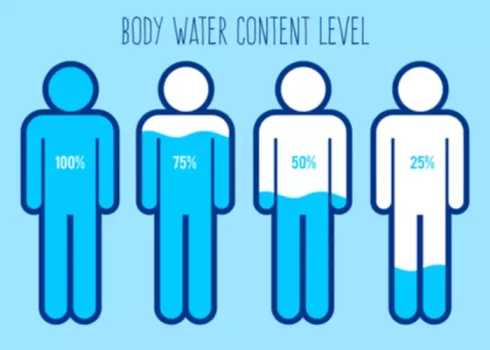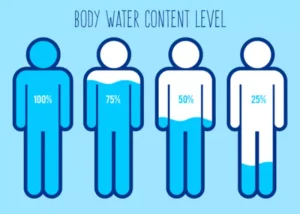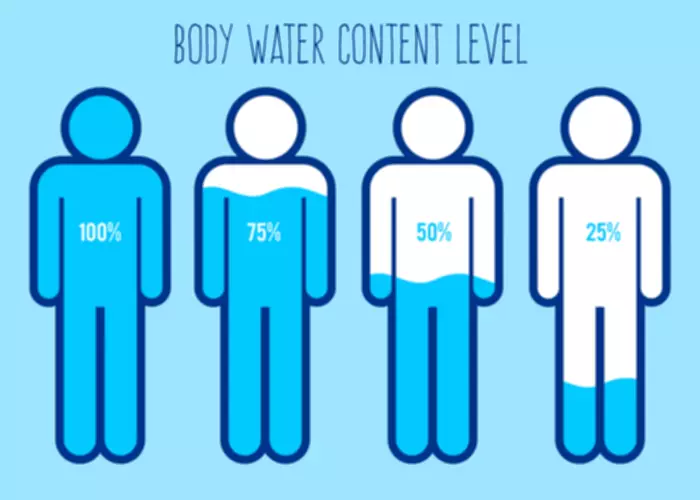Understanding the Stages of Alcohol Intoxication

หวยฮานอยvip 13 เมษายน 2565 สูตรหวยฮานอยแม่นๆ
April 13, 2022
แนวทางหวยฮานอยวันนี้ 14/04/65 เป็นสูตรหวยในประเทศเวียดนามโดยตรง
April 14, 2022It should not be used in place of the advice of your physician or other qualified healthcare provider. It should not be used in place of the advice of your physician or other qualified healthcare providers. Knowing the signs and symptoms of alcohol consumption is essential for responsible drinking but also so that you can help a friend or family member if they are ever in need.
- If you think that you might experience alcohol intoxication, you can try using the Ada app to find out more about your symptoms.
- A person at this stage will exhibit symptoms of intoxication that will be glaringly obvious to others.
- Their heart rate has likely slowed as well, and their body temperature is dropping dangerously low.
- These are not stand-alone treatments but are often used in conjunction with behavioral therapy.
- They are also starting to think about drinking more and going to events and social outings only if there will be alcohol present.
- Here, we explore everything you need to know as well as how to recognise when an alcohol intervention is needed and what you can do.
KEY TERMS
Signs of impaired judgement can include becoming more careless with money, making irrational statements and showing difficulty in coordinating precise movements. At this stage, there are typically no noticeable signs of intoxication. Severe intoxication can lead to a loss of consciousness or even death. A person can usually tell when they are intoxicated, but it may be challenging to spot the signs in others. The Department of Health and Human Services classifies alcohol as a carcinogen, a substance that plays a role in causing cancer.
The Four Stages of How Drinking Affects Your Brain
Therefore, it is likely that the disease process is starting to affect other organs and functions too (eyes, kidneys, heart). If the disease factor is allowed to linger in this Phase 5, further deterioration is possible. In that stage there is increased congestion and increased excretion of toxins (inflammation, abrasions, etc.).
The Stages of Drunkenness
Chronic drinking can even cause dementia by causing a dangerous vitamin B-1 (thiamine) deficiency. It is usually brought on by a BAC of around 0.12% to 0.15%, which is considered the beginning stages of severe intoxication. In the emergency room, a doctor will check their BAC and look for other signs of alcohol poisoning, such as a slow heart rate and low blood Substance abuse sugar and electrolyte levels.
What Are the 4 Stages of Cirrhosis of the Liver?
It’s a myth that a person can recover from alcohol intoxication by sleeping, taking a cold shower, going for a walk, or drinking black coffee or caffeine. In fact, doing these things can put an intoxicated person at greater risk of injury and death. Alcohol is also classed as a depressant which means it affects the central nervous system, slowing down brain stages of alcohol intoxication function and impacting processes including thinking, judgement and motor skills to name a few.
- The relative influence of these risk and protective factors varies across individuals and the lifespan.
- When you drink frequently and heavily, your blood vessels narrow.
- Figure 2.6 shows the major neurotransmitter systems involved in the binge/intoxication stage of addiction.
- Here are some key characteristics of the late alcoholic stage.
Your Brain on Alcohol
Their movements are even more impaired as they become more prone to dizziness and falls. A person in the Severe Impairment Stage can also become numb and insensitive to pain. Behavioral Signs In the Euphoria Stage, a person may show lowered inhibitions and become more chatty and self-confident.
Since it can only metabolize a small amount of alcohol at a time, the rest circulates throughout the body, affecting the central nervous system (CNS) by interfering with the firing of nerve impulses. Recognize that no matter how clean a life we live, our planet is still very toxic. This is why it is very important to control the toxic invasion on our bodies whenever we can.




